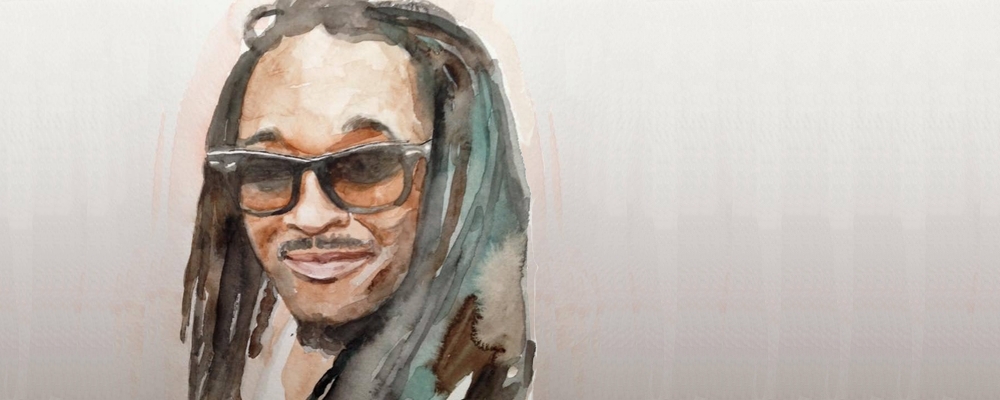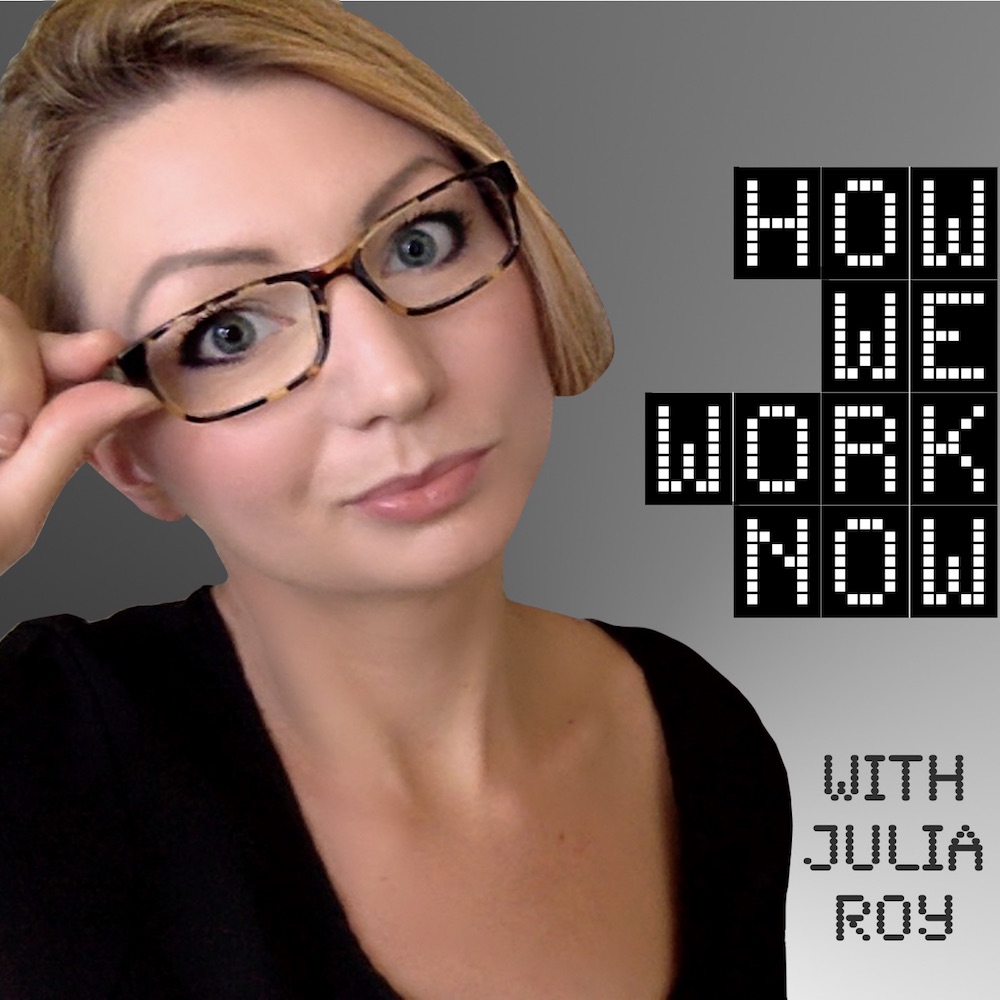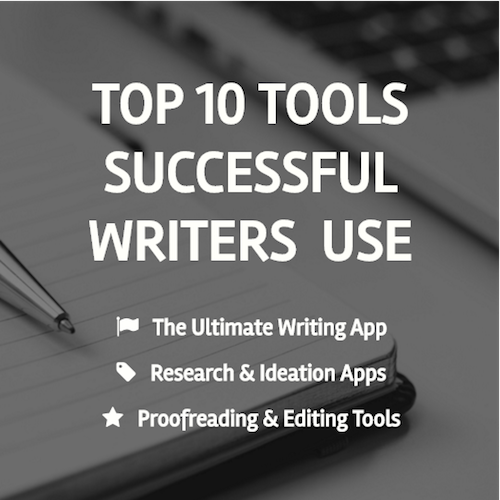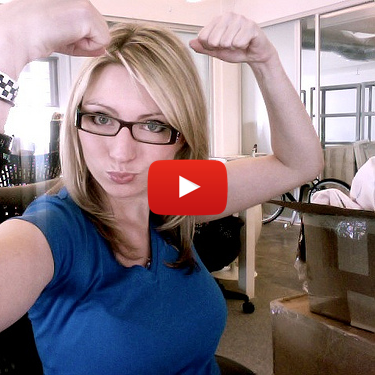When the writing street that you’re on is a hard road, find new avenues. When you’re trying to trudge through a lot of thoughts, let go of that road and take a different route. You’ll find that, all of a sudden, you’ll write some stuff that you didn’t see coming and the road you’re on will become much easier. – Cebo Campbell
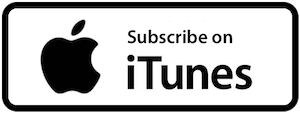 About Cebo Campbell
About Cebo Campbell
Cebo Campbell makes things. As an athlete, he makes touchdowns and jump shots. As a designer, he makes furniture and websites. As a developer, he makes code. As a writer and a poet, he makes words come to life. Cebo uses all the tools in his toolbox. Whether it be with code, with colors or with words, Cebo is always expressing himself.
In this interview Cebo talks the challenges our fast-paced world presents to all of us who’d like to learn and master new creative skills, the problem with expecting you’ll be able to learn things quickly and how to sustain routines and creativity while traveling.
We also discuss writing an entire novel using the standard Text Edit app on the Mac and a simple organization system for your notes and drafts that doesn’t require any fancy apps or tools.
Listen to this episode on iTunes.
Listen to this episode on Soundcloud.
 This podcast is brought to you by Ulysses, a fully-fledged, beautiful and distraction-free writing app your Mac, iPad and iPhone. When I discovered Ulysses a year ago, I downloaded the free trial, used it for a few hours and then immediately bought it. Its been my main writing app ever since and I know, if you’re someone that’s serious about writing, you’ll fall in love with it too. That’s why I’ve partnered with the awesome people at Ulysses so you can GET THE APP FOR FREE. All you have to do is go to ulyssesapp.com/howweworknow and there you’ll find a special link to download your free extended trial of Ulysses for Mac. No obligation. No hidden fees. No strings attached. In one click you’ll have yourself an awesome writing app that makes you want to write. Sound good? Of course it does! What are you waiting for? Go get it.
This podcast is brought to you by Ulysses, a fully-fledged, beautiful and distraction-free writing app your Mac, iPad and iPhone. When I discovered Ulysses a year ago, I downloaded the free trial, used it for a few hours and then immediately bought it. Its been my main writing app ever since and I know, if you’re someone that’s serious about writing, you’ll fall in love with it too. That’s why I’ve partnered with the awesome people at Ulysses so you can GET THE APP FOR FREE. All you have to do is go to ulyssesapp.com/howweworknow and there you’ll find a special link to download your free extended trial of Ulysses for Mac. No obligation. No hidden fees. No strings attached. In one click you’ll have yourself an awesome writing app that makes you want to write. Sound good? Of course it does! What are you waiting for? Go get it.
Topics We Explored
- The challenges our fast-paced world presents to all of us who would like to learn and master new creative skills.
- Why it’s problematic to expect that, when you want to learn something, that you’re going to learn it quickly.
- Writing an entire novel using the standard Text Edit app on the Mac.
- A morning routine that includes coffee, writing and reading.
- How to sustain routines and creativity while traveling.
- Things you can do to refill your creativity bucket.
- A simple organization system for your notes and drafts that doesn’t require any fancy apps or tools.
- The spiritual nature of the early morning and how it can drive you to write.
- Why it’s not always true that when you take on a big writing project, it’s the only thing you should be writing and working on.
- Using Instagram as a place to find writing prompts and inspiration to start writing.
- The importance of having a repository of writing that you may never publish but that you can access and use as the base or inspiration towards new, better pieces.
- The modern day hangup of thinking that quick, fast and dirty will result in great work.
Key Takeaways
- Every great artist started just like you. Leonardo da Vinci, who’s widely considered one of the greatest painters of all time, didn’t create the work we know him for today until he was 36 years old.
- The famous artists and writers we idolized struggled. They made things they didn’t like or share with the world. They made a lot of mistakes but they learned and evolved. Stick with it and you will too.
- You already have all the tools you need to do whatever you want.
- If you want to learn something new, create a framework for how you will apply it in the real world. For example, if you want to learn how to code, use what you’re learning to build yourself a website.
- Cebo’s writing workflow for writing articles and essay’s = He writes and then sets it aside and works on other things so that he’s able to come back to it with a fresh set of eyes.
- Cebo’s writing workflow for writing novels and short stories = He writes but does not bind himself to just that piece of writing so that he can write more fluidly.
- When you share your writing with friends, listen to their feedback but try not to take it personally. See it not as criticism against the writing but a critique against whether or you’ve expressed what you wanted to clearly.
- A prose poem is a hybrid of prose and essay.
- Everything is just a canvas. Writing is a canvas. Design is a canvas. Coding is a canvas.
- Think of writing like cooking. When your preparing a meal and you’re chopping up your vegetables and meat, you’re going to discard a bit of it and only the good parts of the meat and the vegetables are going to make it into the pan and onto your plate. Same thing goes with your writing. Not everything you write should or will make it. You’ll end up discarding a lot of it and that’s ok.
- If you’re writing feels like a chore, you have to approach it a different way.
- Remember this: no writer in history has ever been able to write beautifully every single time, everything they write. What we see at the end of the day is the culmination of all of their efforts, not the efforts themselves.
- Find new ways to write. For example, if you’re struggling with your own writing, write retorts to other people’s writing.
Resources and Books Mentioned
- Leonardo da Vinci (wikipedia)
- A prose poem (a hybrid of prose and essay) The Road by Cebo Campbell
- Johnathan Fields – Refilling Your Buckets
- Misfit Inc.
- AJ Leon and Melissa Leon on The Good Life Project
- Misfit Themes – Legend (a WordPress theme to help you express yourself)
- Misfit Themes – Scribe (a WordPress theme to broadcast all the things that a person does)
Connect with Cebo
- Learn more about Cebo on his website
- Read Cebo’s amazing essays, poems and articles
- Follow Cebo on Twitter
- Follow Cebo on Instagram





